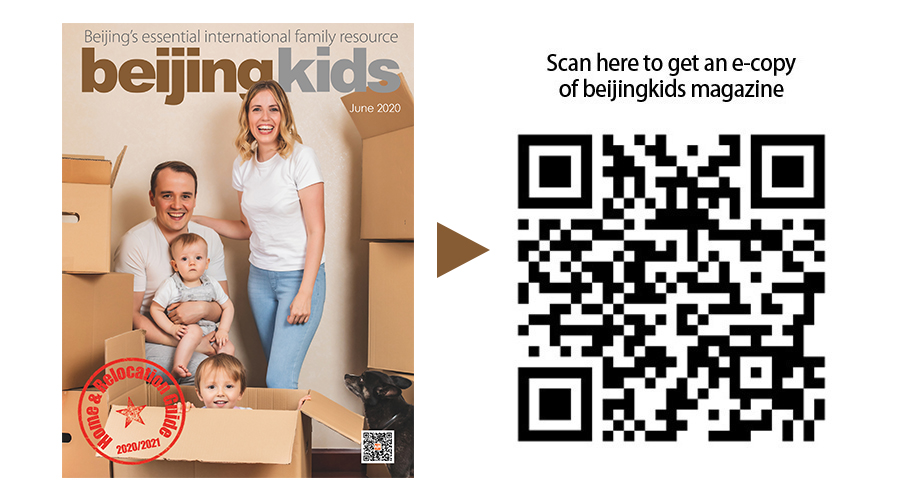A third culture kid (TCK) is someone who spends a significant part of their formative years being raised in a culture that is different from that of their parents. Among TCKs there is often a sense of not really belonging to the culture of the country that their parents originated from or the culture in which the family currently resides; hence, the development of a third culture.
I was raised as a third culture kid and it was amazing: it makes you adaptive, cultivates creative problem solving, and helps you develop a worldwide network of friends that will last a lifetime. But like everything else, it has its downsides too.
By the time I hit 4th grade, my family had relocated seven times across two continents. Every 6-12 months I had to pack my life into a few boxes, move to a new house (that usually smelled funny), make new friends at a new school (that also usually smelled funny), and get used to new food (that always smelled funny).
It also created a lot of guilt for my parents. Each new journey meant uprooting my siblings and me at the most vulnerable stage in our development. Luckily for me, my mom was creative, and my dad was organized; a combination which meant I escaped relatively unscathed and learned to view change as an opportunity for adventure.
As an educator, I have lived in Washington D.C., New York, and now Beijing, all places with a high number of diplomatic, military, and international parents. My early experiences have helped me assist my students and their families as they adjust to new cities they now have to call home. And over the years I’ve collected some helpful tips (or third culture kid hacks) that have been helpful to my students.

Before the Move
Break the News Gently: Let your child know what is happening several weeks before the move. Young children think in pictures and stories, so to help them understand the upcoming move and change to their daily life, I suggest creating two picture books. The first one should be filled with photos of the country to which you are going. Choose things that will capture and inspire their imagination! For example, telling your kids that you’re moving to China might include The Great Wall, the Terra Cotta Warriors, and dragon dancers. Then explain that your family is going to get to see all of these wonderful things soon. Look at and talk about these pictures for several days. Find the country on the map each night before bed, ending each day with “see you soon China!”
The second book should be introduced about a week after that. This should have more specific photos, such as the airplane and suitcases you will use and photos of your new home if possible. Reach out to your child’s new school and ask for photos of the classroom and their teachers. Talk to colleagues who are already there and see if there is a nearby children’s park and try to get a photo of that as well.
Answer Questions: Your little one is probably going to have lots of questions, some that you expect and some you really, really don’t see coming. It’s important to acknowledge their concerns but answer their questions simply, honestly, and with a positive outlook.
For example, questions like “will my friends come with us?” can be answered with “no they will stay here but we can still video chat with them and you will get to make lots of new friends!”
Build Excitement: Having your own fears and doubts is normal but remember that kids take their cues from you. So, let them hear you talk excitedly about all the fun things you will get to see and do.
I also suggest letting them pick something special that will be waiting for them at the new house, like Superman sheets for their bed or the doll they have been asking for. Let them know that the item lives at their new home and will be waiting for them when they arrive. Do not let them see it or play with it ahead of time. Pro tip: Pack it in your carry-on luggage so it definitely arrives and doesn’t get lost in checked bags.
Two weeks before your move date set up a countdown calendar. Each night they get to cross off a day and count how many days are left until the adventure begins! Explain out exactly what will happen: “In 5 days the movers will come, then we will all get on an airplane and land in our new home! See you soon China!”
When You Arrive
Create Familiar Spaces: Set up the kitchen first. It’s easy as an adult to want to jump right into the local cuisine, that’s part of what’s exciting about a new city after all. But remember that your little one has just been through some huge changes and comfort food is probably in order. Simple, familiar dishes go a long way to soothing an anxious two-year old’s soul.
Second, set up your child’s bedroom. Get out as many comforting, familiar items from their old room as possible. Toys, blankets, books, and of course, the new item they have been waiting for. Having a space that feels familiar to them will ease a lot of tension and provide them with a safe haven when things start to feel overwhelming.
Get on a Schedule: I cannot stress enough how important this is. Try to find a few “anchor” activities around which you can build your schedule as soon as possible. For older kids, this is usually school but for younger children see if you can find a toddler music class once or twice a week, set up playdates in the park at standard times, and, if possible, have the family eat one meal a day together at a fixed time. Your child needs consistency right now in order to feel safe.
Plan an Adventure: After the dust has settled, plan a small daytime adventure for the family. Try a local restaurant or go to a park with street performers like the dragon dancers from their book. Just keep it simple and use it as a way to remind your child (and you) why traveling to a new place is so amazing!
Be Gentle With Your Child: Every little one is different and will have a different tolerance to and timeline for adjusting to change. Despite your best efforts, there will be bad days filled with melt-downs. Remember this is a situation where your child has very little control so be patient as they adjust to their new normal.
Be Gentle With Yourself: Expat life looks very glamorous from the outside. Our Instagram feeds are filled with images most people have only dreamed about and friends and family can sometimes think that we are on one long vacation. They don’t see the frustration of relearning simple daily tasks, the exhaustion of trying (and often failing) to communicate, or the inability to find a western-style bathroom you – not to mention your potty training three-year-old – can actually use.
The life of an international family is rewarding but hard. So, make sure you take a little time each day to recharge. Read a book, go for a massage, or take some time to enjoy a glass of wine. Trust me, you are doing better than you think you are, in fact, you make it look easy!

Julie Wolf is the Director of First Five Early Education Centers in New York and Director of International Education for Newhattan Early Education Centers in China. She has been working with children and parents for over 18 years as a teacher, arts integration specialist, curriculum designer, and staff development expert.
KEEP READING: Helpful Tips for When It’s Time to Leave Beijing
Photos: Unsplash
 This article appeared in the beijingkids 2020 June issue
This article appeared in the beijingkids 2020 June issue




